
How to Handle Common Refrigerator Problems and a Surprising Lesson from American Toilet Habits
Refrigerators help people preserve food for many days. However, since they are electrical devices plugged in continuously, they can easily encounter problems. The most common issues are water leakage and slow cooling. Instead of immediately calling a technician, which can be costly, people should first understand the possible causes. If the problems fall into some common categories, they can often be fixed quickly at home.
Water Leakage in the Refrigerator Compartment
Many people buy food in large quantities to last for a whole week. As a result, the fridge’s fresh food compartment works hard to store a piled-up amount of food. This can lead to problems, especially when items accidentally block the air vents inside, causing slow cooling. Furthermore, if these foods were washed to remove dirt but not properly drained before storing, the leftover water can leak out, making the fridge dirty and potentially affecting other stored items.
To avoid this, a simple fix is to always drain excess water or dry the food with a paper towel before putting it into the fridge. For more careful food storage, use cling wrap or zip-lock bags. Additionally, organizing food neatly and avoiding stuffing items that can be left outside will help prevent overloading the fresh food compartment.
Water Leakage in the Freezer Compartment
If you notice water leaking from the freezer, you should open the fridge and check immediately. It might be due to overpacking the freezer, which blocks the air vents, similar to the fresh food compartment issue. Another common cause is an improperly sealed door, either because it wasn’t closed tightly or the rubber gasket has worn out over time and no longer seals the door properly. This causes cold air to escape and ice inside the freezer to melt, resulting in water leakage.
If the gasket is damaged, replace it promptly to ensure the door closes tightly. Also, keep the freezer organized and avoid piling up too many items, as this reduces cooling efficiency.
Water Dripping from the Drain Pan Behind the Fridge
Sometimes water leaking onto the floor comes from the drain pan located behind the fridge. This can happen if the pan cracks or the water supply tube becomes loose or damaged. To find the exact cause, inspect the back of the refrigerator carefully. Before doing so, make sure to unplug the fridge to avoid electric shock. Remove the drain pan and check for any holes or cracks, and examine the water supply tube for damage.
If you find any defects, replace the damaged parts. However, if no visible issues are found but the fridge still leaks water, it’s best to call a professional technician for further diagnosis.
Keeping Your Refrigerator Clean and Efficient
Once your refrigerator is working smoothly again, maintaining regular cleaning is essential. Make it a habit to check all compartments regularly, remove any food showing signs of spoilage, and clean both the inside and outside with a clean cloth. This not only ensures your food stays fresh and safe to eat but also helps your fridge operate efficiently and saves electricity.
Should You Wipe or Wash After Using the Toilet? A Big Lesson from America—The Country That Rarely Uses Bidets
The topic of bathroom hygiene is surprisingly complicated and divides people into many different camps. Some argue whether it’s better to squat or sit, others debate wiping versus washing, or even doing both.
But Americans tend to be quite unified—at least when it comes to wiping. If you visit the U.S., you’ll hardly ever see a bidet or a spray nozzle attached to the toilet. In contrast, countries like Italy, Greece, and especially Japan place great importance on using water to clean after toilet use. Americans, however, mostly rely on toilet paper alone.
Despite this loyalty, recent studies suggest that relying solely on toilet paper may not be the most hygienic practice. In fact, it might lead to some health issues such as infections or even anal fissures (small tears in the skin around the anus).
Rose George, a well-known sanitation expert, explained, “I find it hard to accept that millions of people walk around daily with their nether regions still contaminated. Toilet paper can wipe but does not completely remove fecal matter.”
Many Americans also use wet wipes (baby wipes), thinking they are a cleaner alternative, but George cautions that even wipes are not perfect. “Imagine spilling some chocolate on a wooden floor, wiping it with a wet cloth, then a dry one—you’d still find residue left behind in cracks. The anus has similar crevices, so it’s impossible to clean thoroughly with wipes or toilet paper alone.”
Moreover, aggressive wiping with paper or wipes can cause anal fissures, which are painful tears that can bleed and make bowel movements uncomfortable. Some people may also develop hemorrhoids—swollen blood vessels around the anus—which can be very difficult to treat.
Additionally, wiping from back to front can introduce bacteria to the urinary tract, leading to infections, especially in women.
The key point is that many of these problems can be prevented by using a gentle water spray for cleaning after using the toilet—a method common in many countries worldwide.
So, when it comes to wiping or washing after using the toilet, the answer seems clear: washing with water is more hygienic and healthier.
News in the same category


There are many cuts of beef, but only these 3 are considered the true “essence” – both chefs and butchers wholeheartedly agree!

Put this into a lemon and place it in the corner of your house – mosquitoes will stay away for good

3 Effective Ways to Prevent Snakes from Entering Your Home Everyone Should Know to Protect Their Family
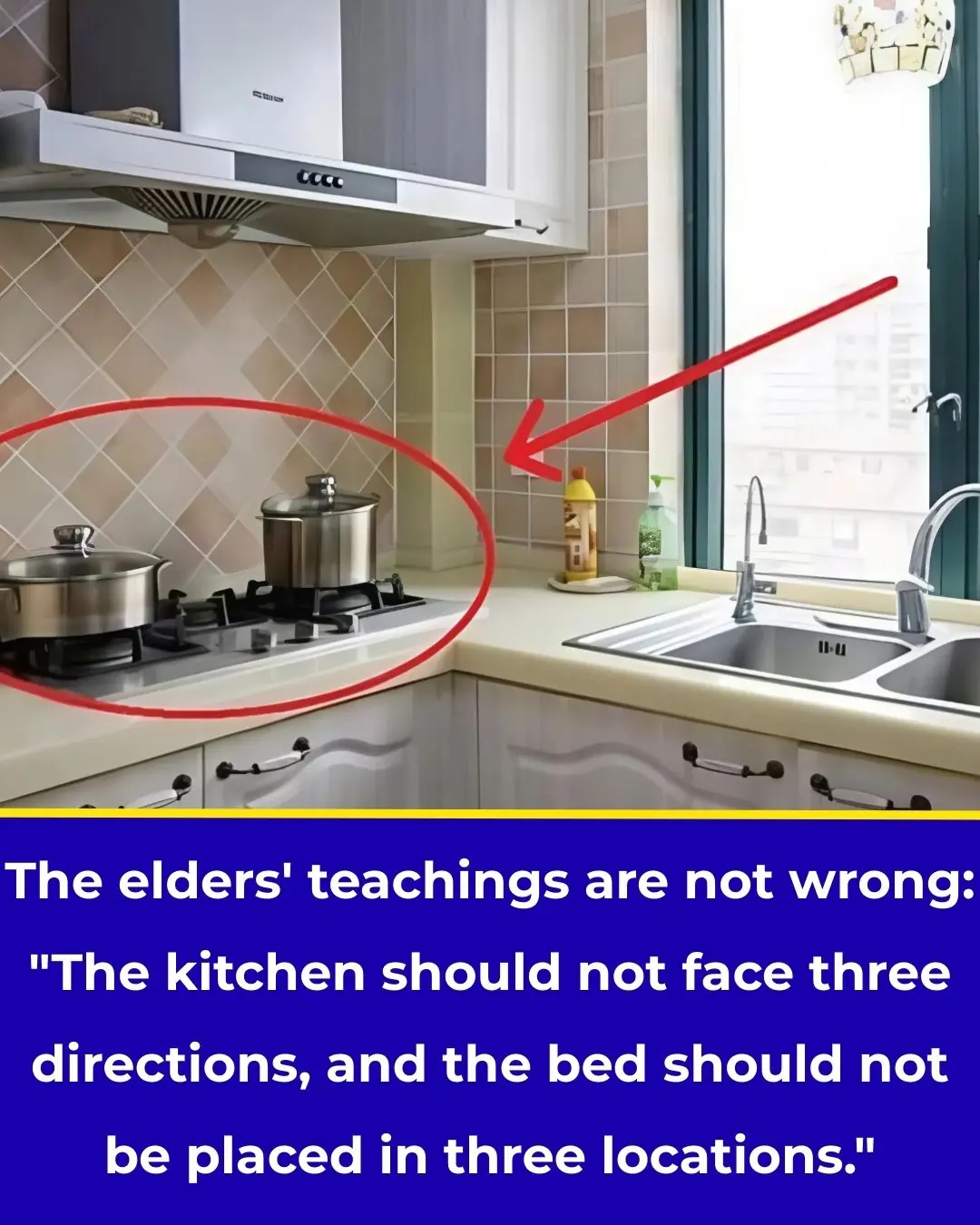
The Elders' Teachings Are Not Wrong: "The Kitchen Should Not Face Three Directions, and the Bed Should Not Be Placed in Three Locations"

5 Types of Plants That Snakes Love: If You Plant Them in Front of Your House, Remove Them Immediately Before It’s Too Late
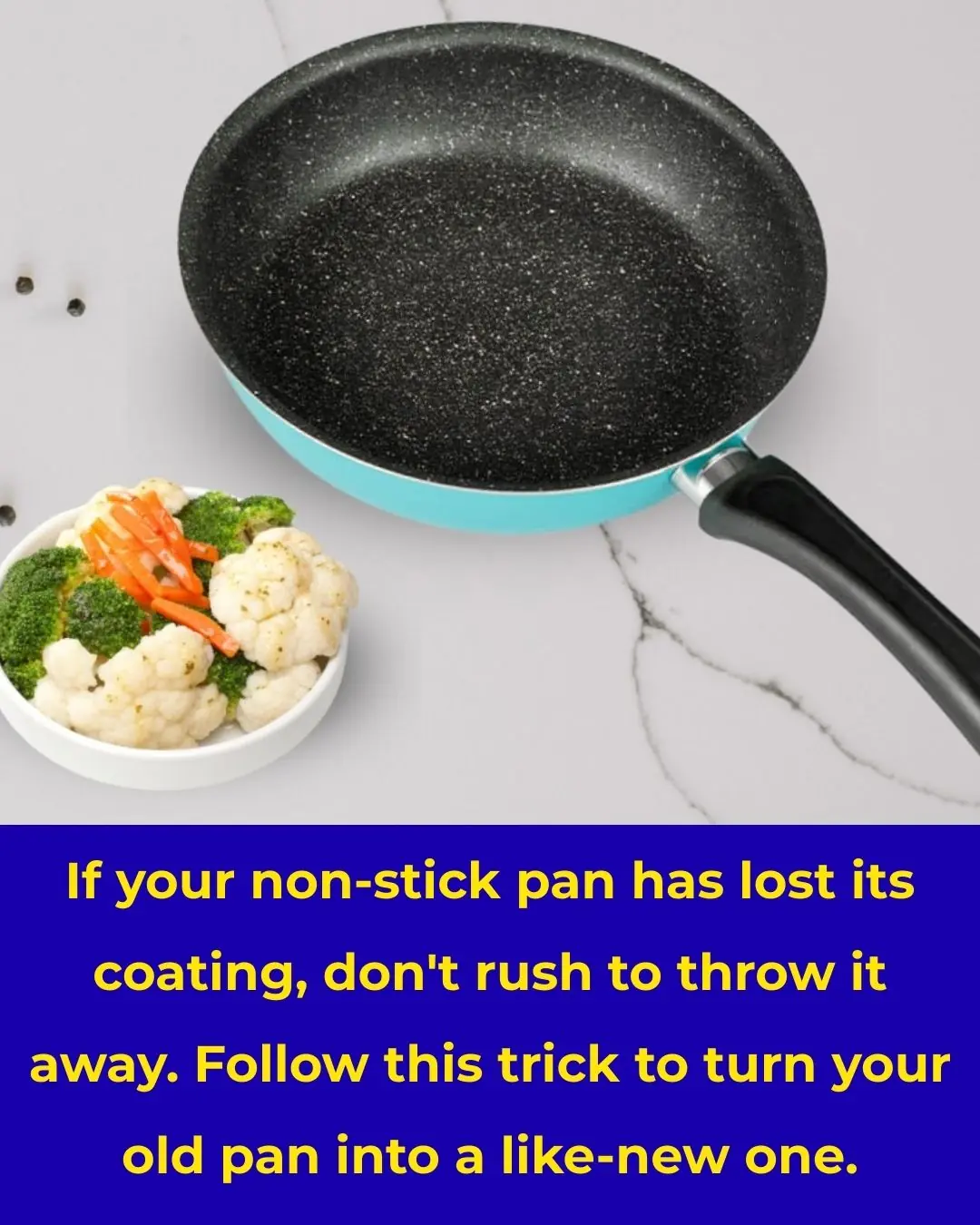
If Your Non-Stick Pan Has Lost Its Coating, Don’t Rush to Throw It Away. Follow This Trick to Turn Your Old Pan Into a Like-New One.
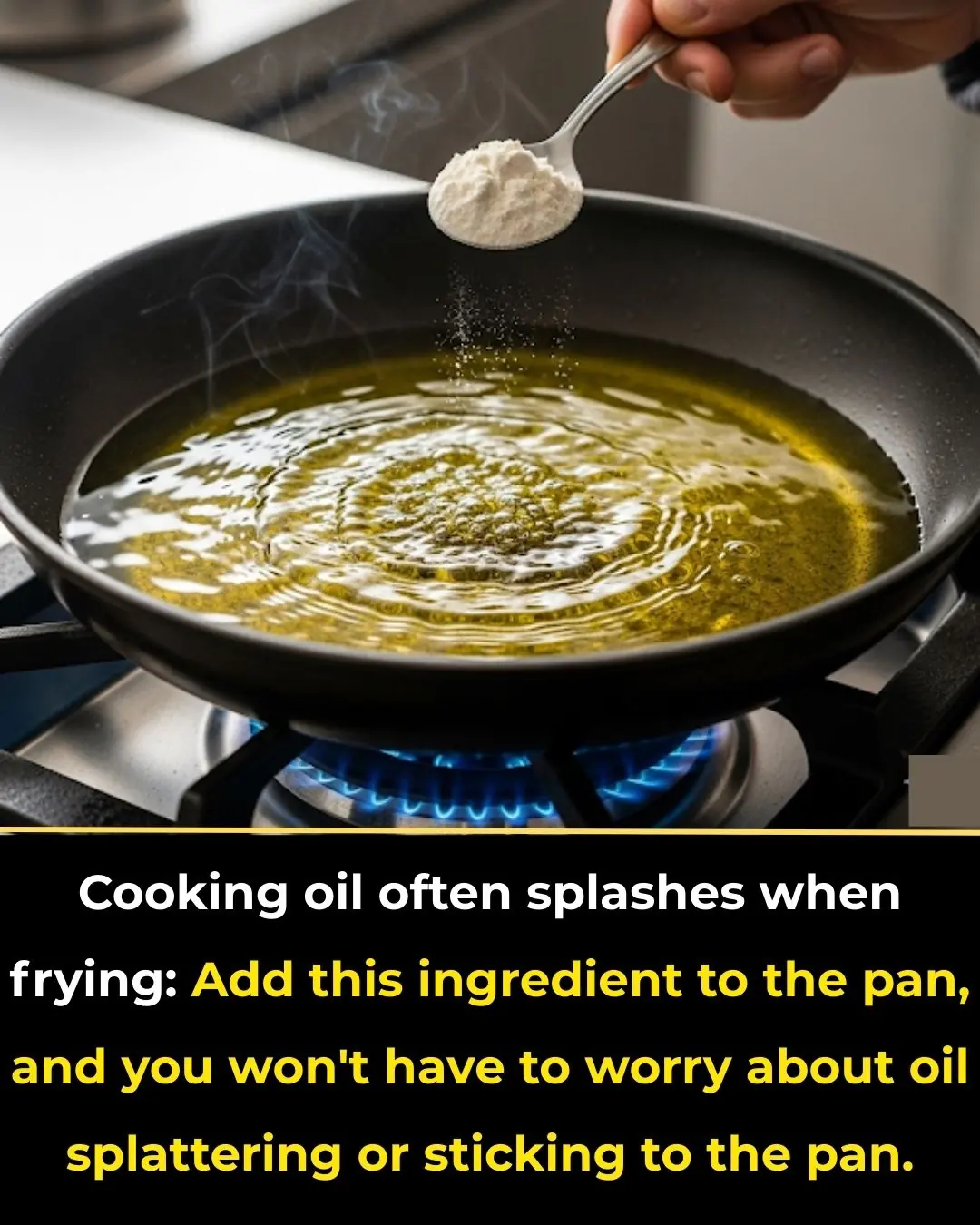
Cooking Oil Often Splashes When Frying? Add This Ingredient to the Pan, and You Won't Have to Worry About Oil Splattering or Sticking to the Pan

Is It Correct to Close the Door When Using the Air Conditioner? Here Are 5 Mistakes That Can Cause Your Electricity Meter to Increase 2-3 Times
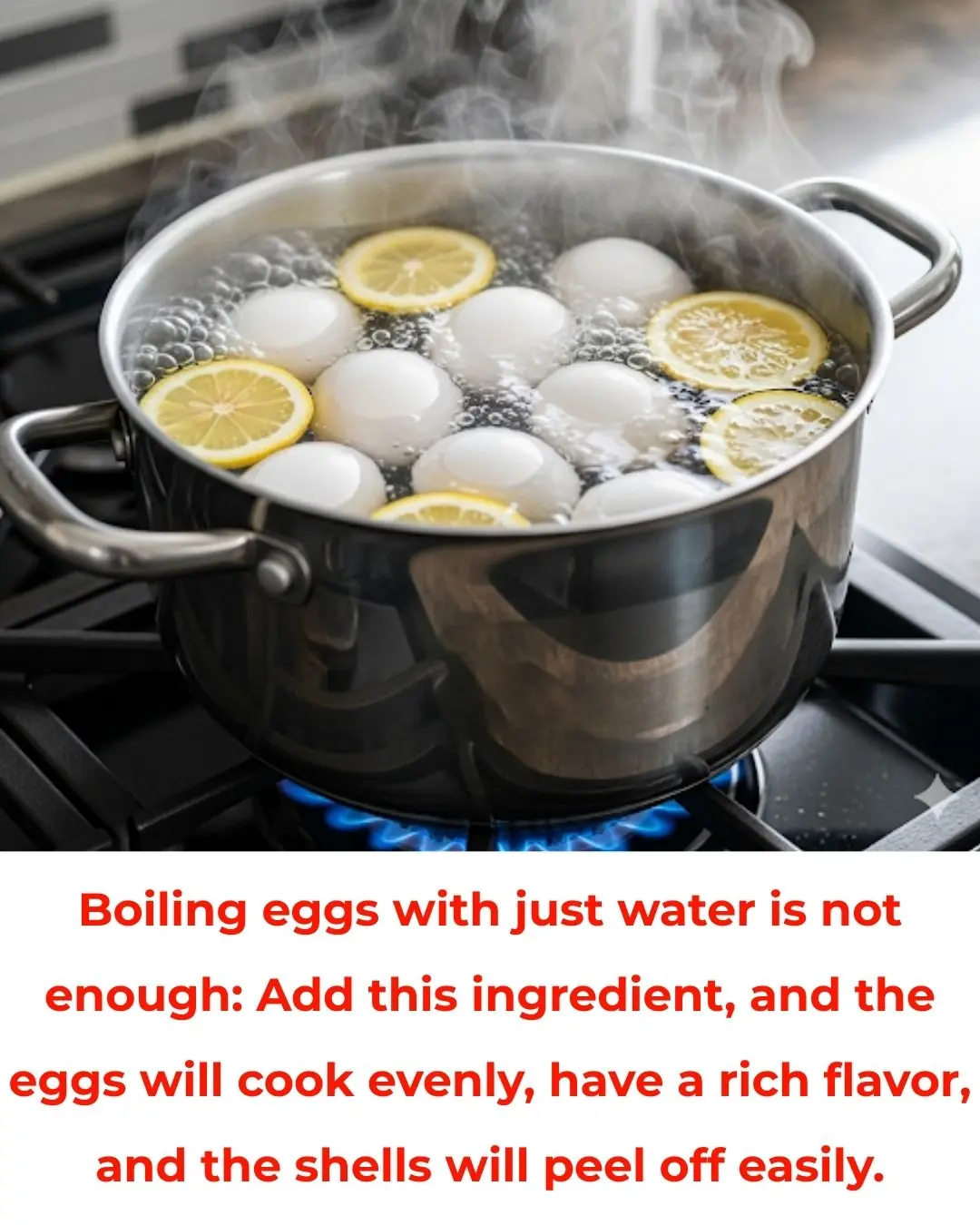
Boiling Eggs with Just Water is Not Enough: Add This Ingredient, and the Eggs Will Cook Evenly, Have a Rich Flavor, and the Shells Will Peel Off Easily

Buying Meat and Just Placing It Directly in the Freezer for Storage is a Mistake: The Shop Owner Shares a Trick to Keep Meat 'Fresh for a Whole Year' Without Spoiling
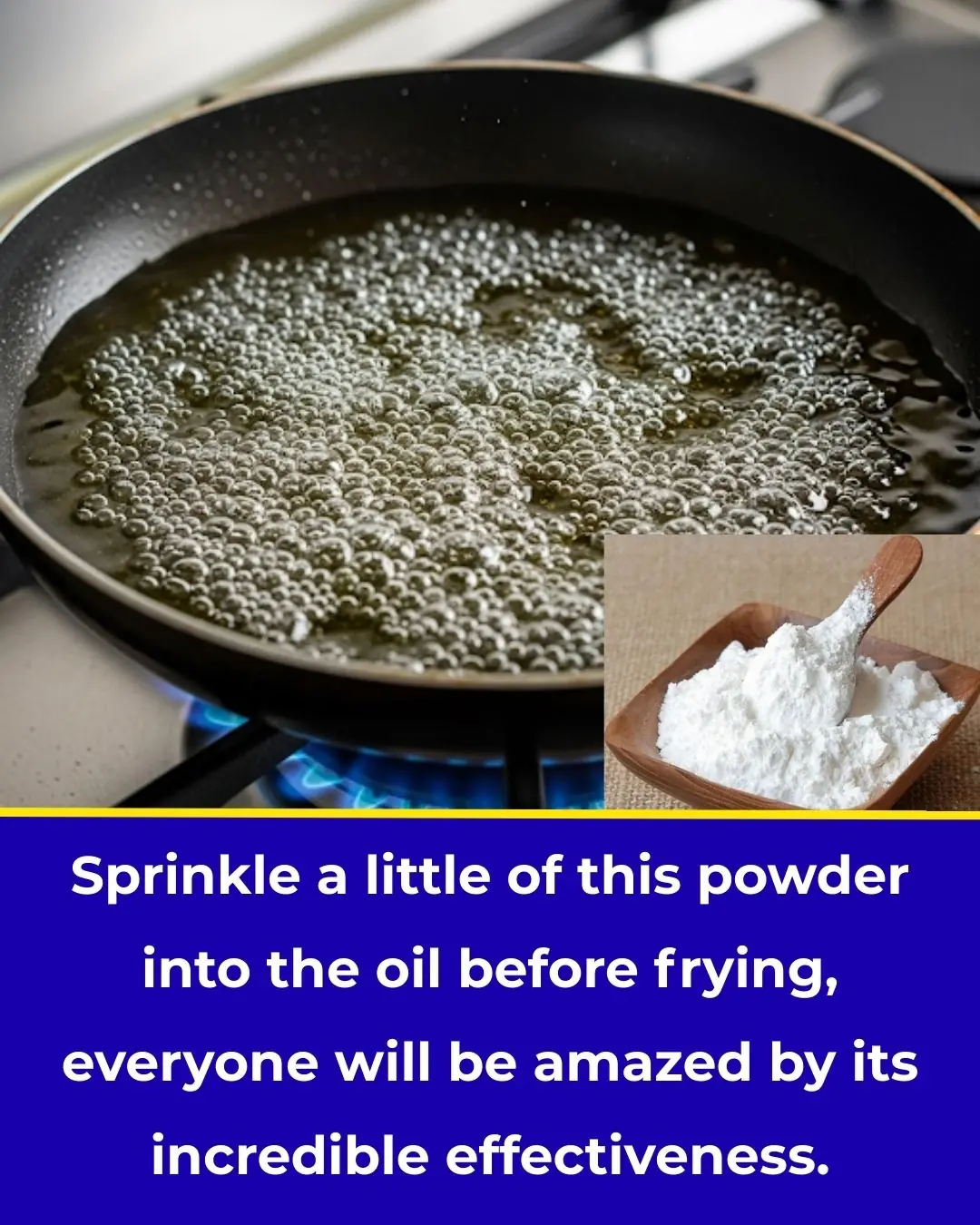
Sprinkle a Little of This Powder into the Oil Before Frying, Everyone Will Be Amazed by Its Incredible Effectiveness

Secret tip: How to clean glossy tiles at home without spending a penny
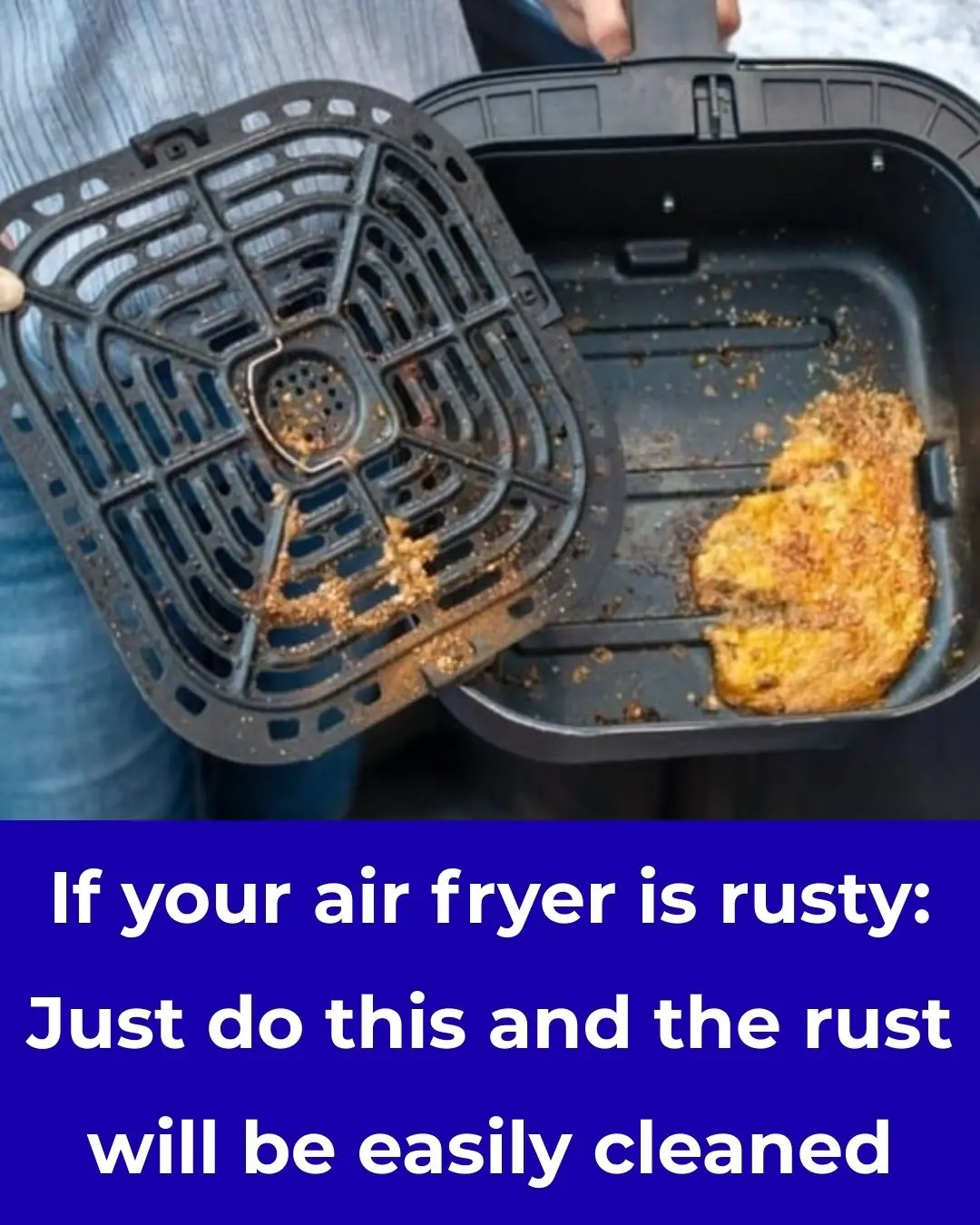
If your air fryer is rusty: Just do this and the rust will be easily cleaned

The surprising benefits of coffee grounds, if you have them at home, never throw them away

Eating sweet potatoes in the morning: A small habit, but you'll be amazed by the huge benefits it brings.
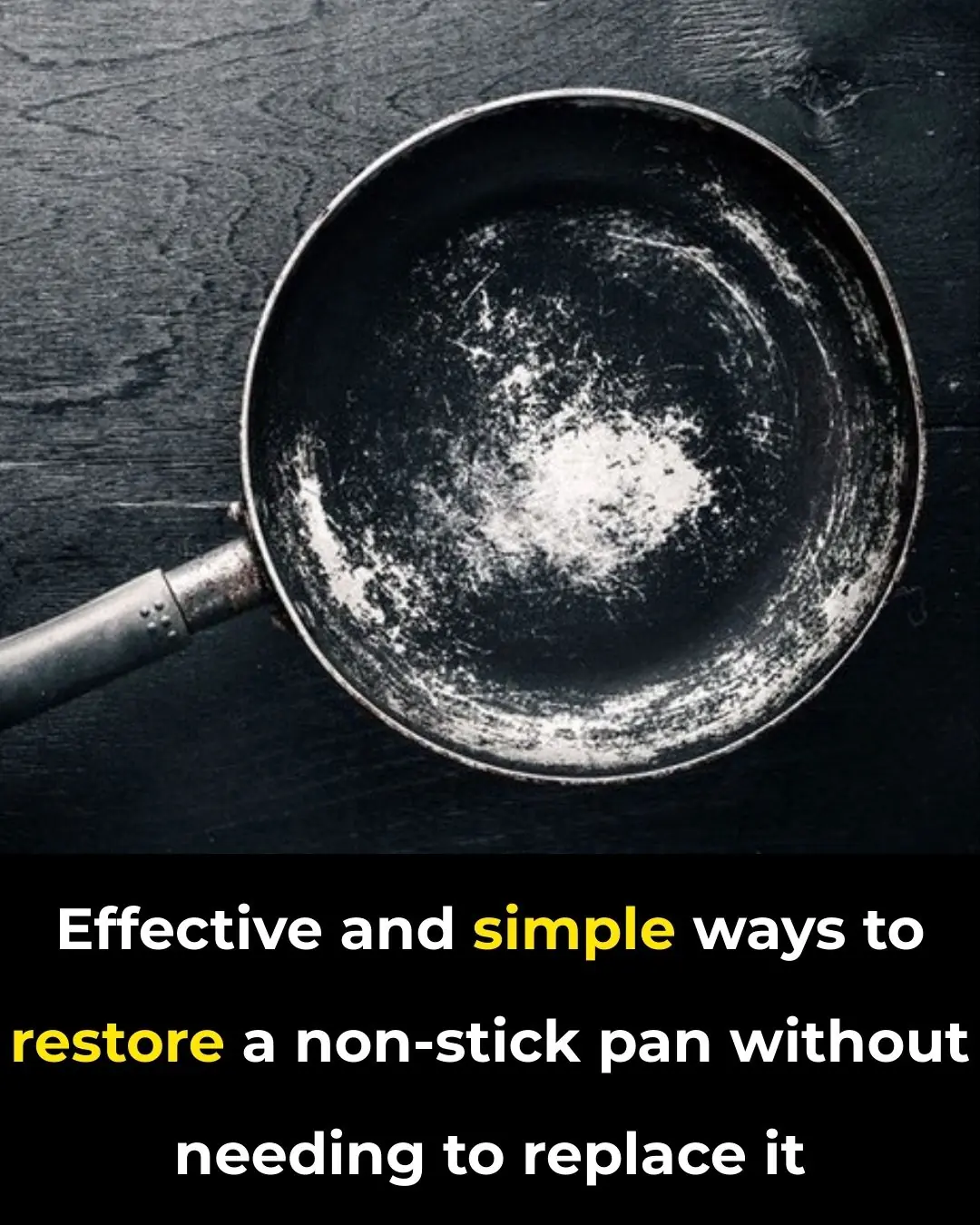
Effective and simple ways to restore a non-stick pan without needing to replace it
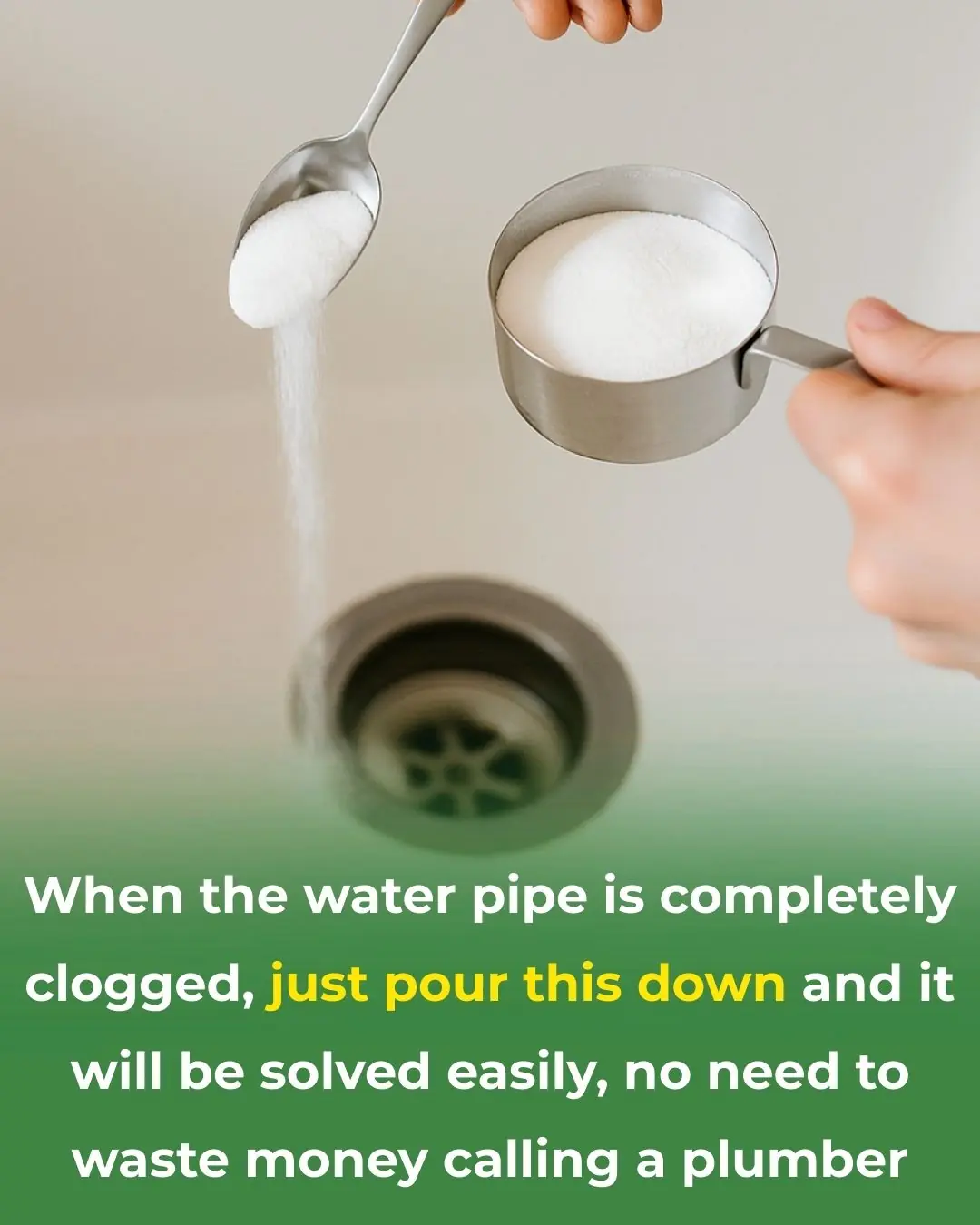
When the water pipe is completely clogged, just pour this down and it will be solved easily, no need to waste money calling a plumber.
News Post

Why Your Legs Cramp at Night (And How to Fix It)

How to Use Rice Water for Gorgeous Hair and Skin (Detailed Instructions)

Beware: U.S. Salmon May Be Crawling with Japanese Tapeworm, Say Scientists

The Benefits of Chicken Feet Stewed with Black Beans – As Powerful as Ginseng

There are many cuts of beef, but only these 3 are considered the true “essence” – both chefs and butchers wholeheartedly agree!
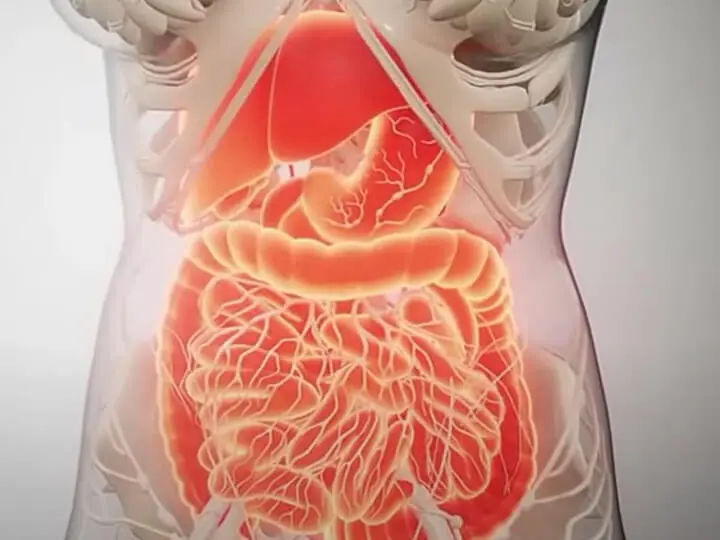
Colon Cleansing: How to Naturally Flush Your Colon at Home (Science-Based)

Put this into a lemon and place it in the corner of your house – mosquitoes will stay away for good

3 Morning Symptoms That May Signal the Onset of Canc3r

"8 abnormal signs warning of c3rvical canc3r that women need to recognize early"

If you don’t correct these 5 harmful eating and drinking habits right away, sooner or later your esophagus will also be “ravaged” by cancer cells.
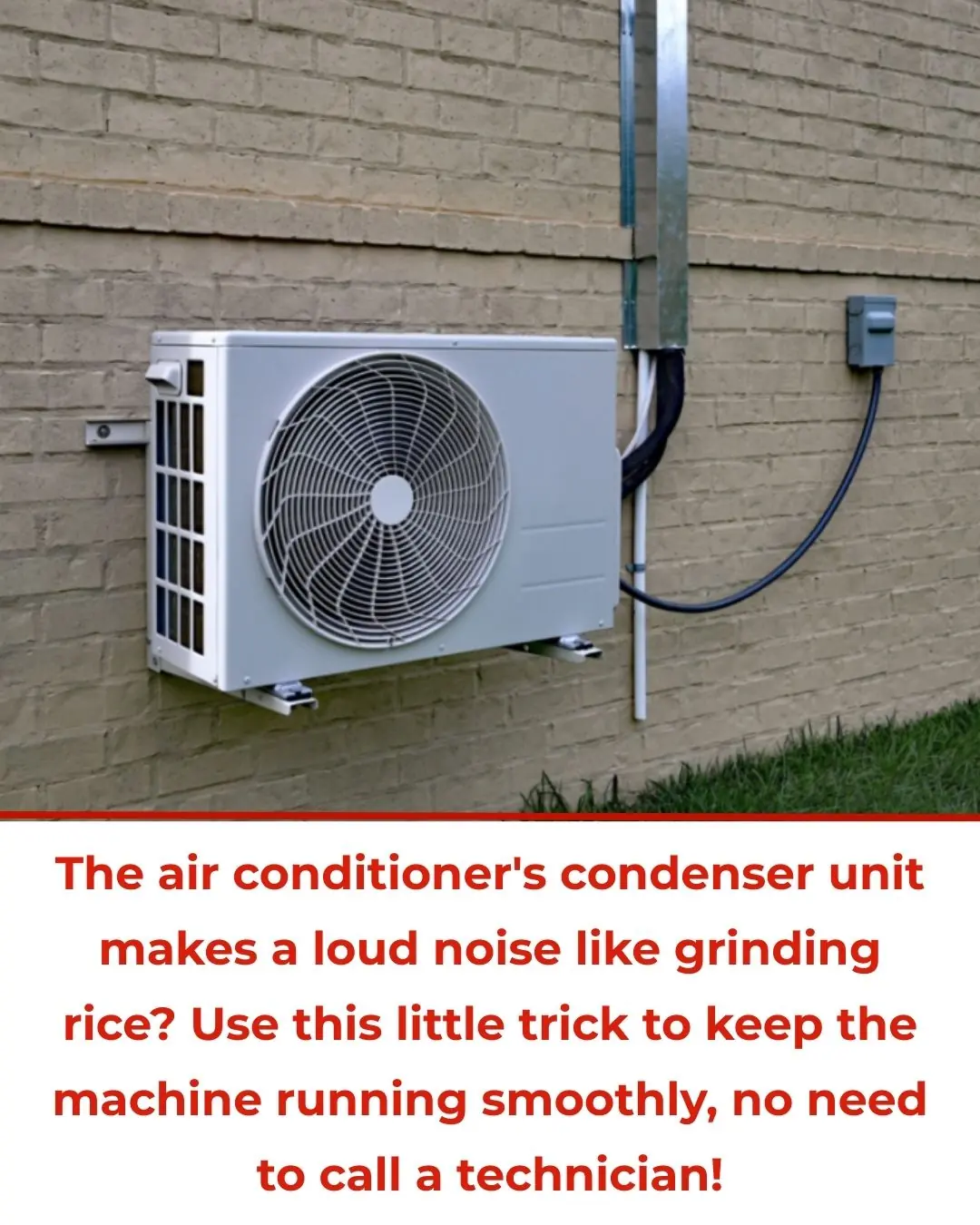
Is Your Air Conditioner Outdoor Unit Making Loud Grinding Noises? Use This Simple Trick to Make It Run Quietly Without Calling a Technician!

Urgent warning issued to travelers as China takes ‘covid measures’ after reporting 7,000 cases of Chikungunya virus

3 Effective Ways to Prevent Snakes from Entering Your Home Everyone Should Know to Protect Their Family

Signs to look out for amid Gordon Ramsay's health warning after undergoing cancer surgery
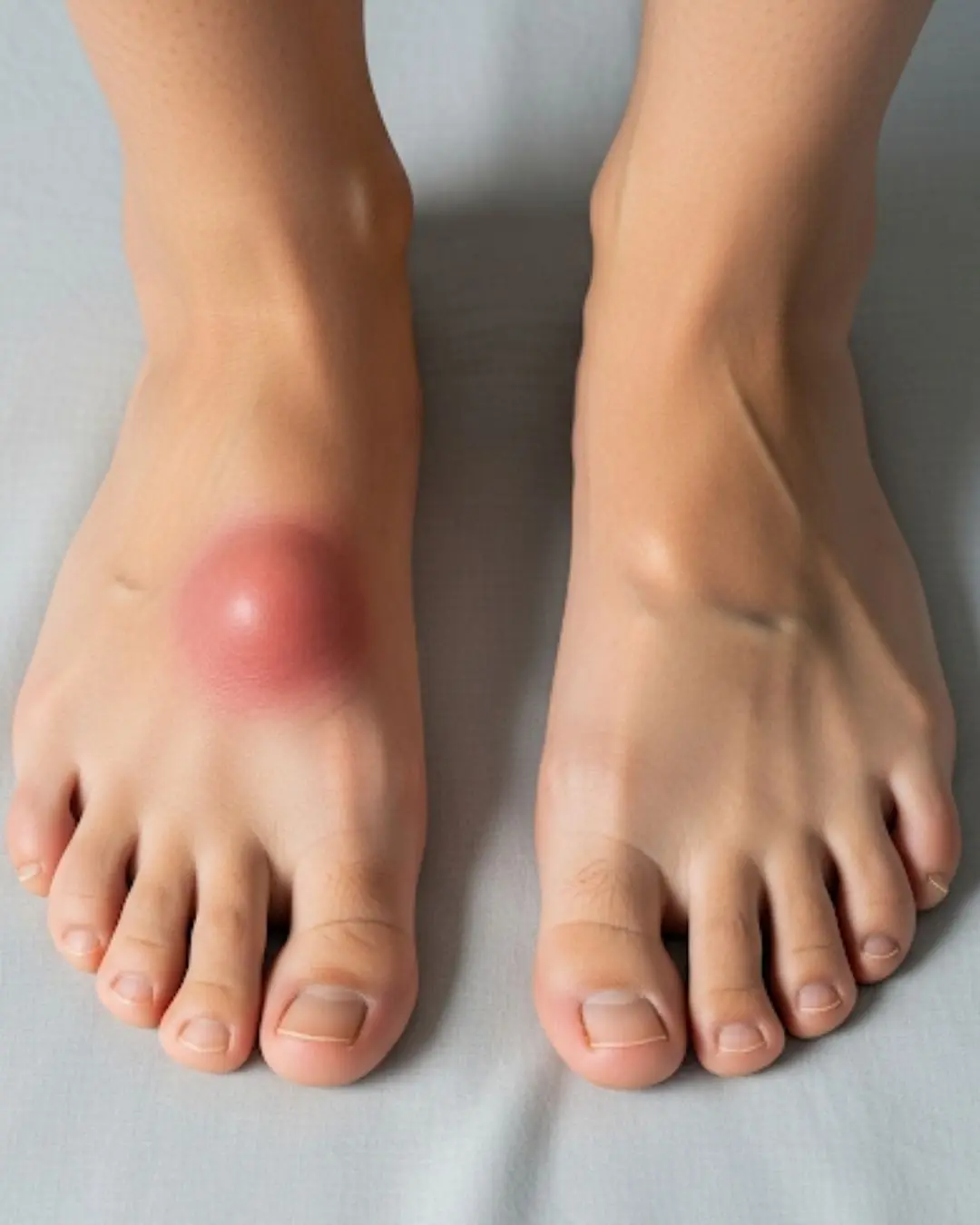
If Your Feet Swell It Is a Clear Sign

Why Doors in Public Bathrooms Don’t Reach the Floor

Nose Picking What This Taboo Habit Really Reveals About Us
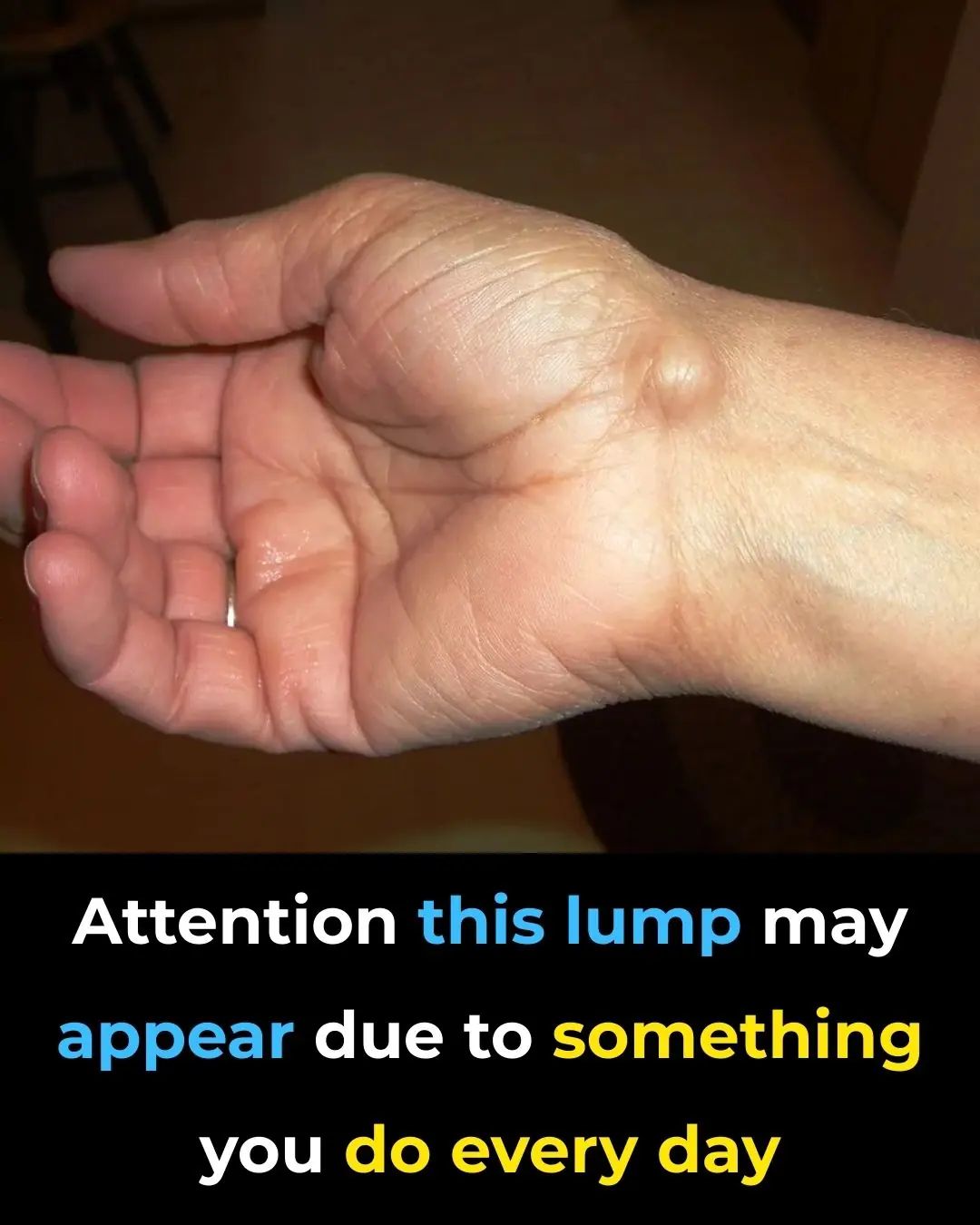
Everyday Habits That Can Cause a This Issue To Your Hands
